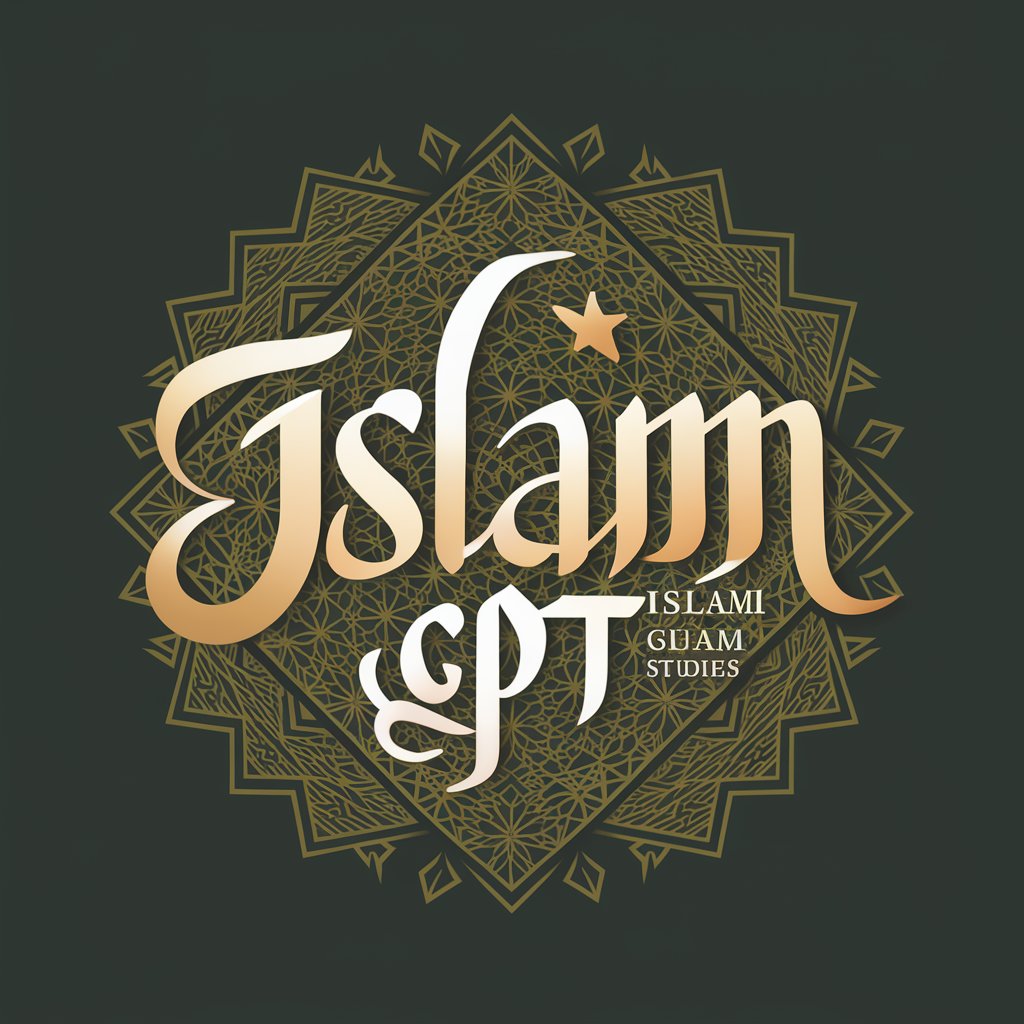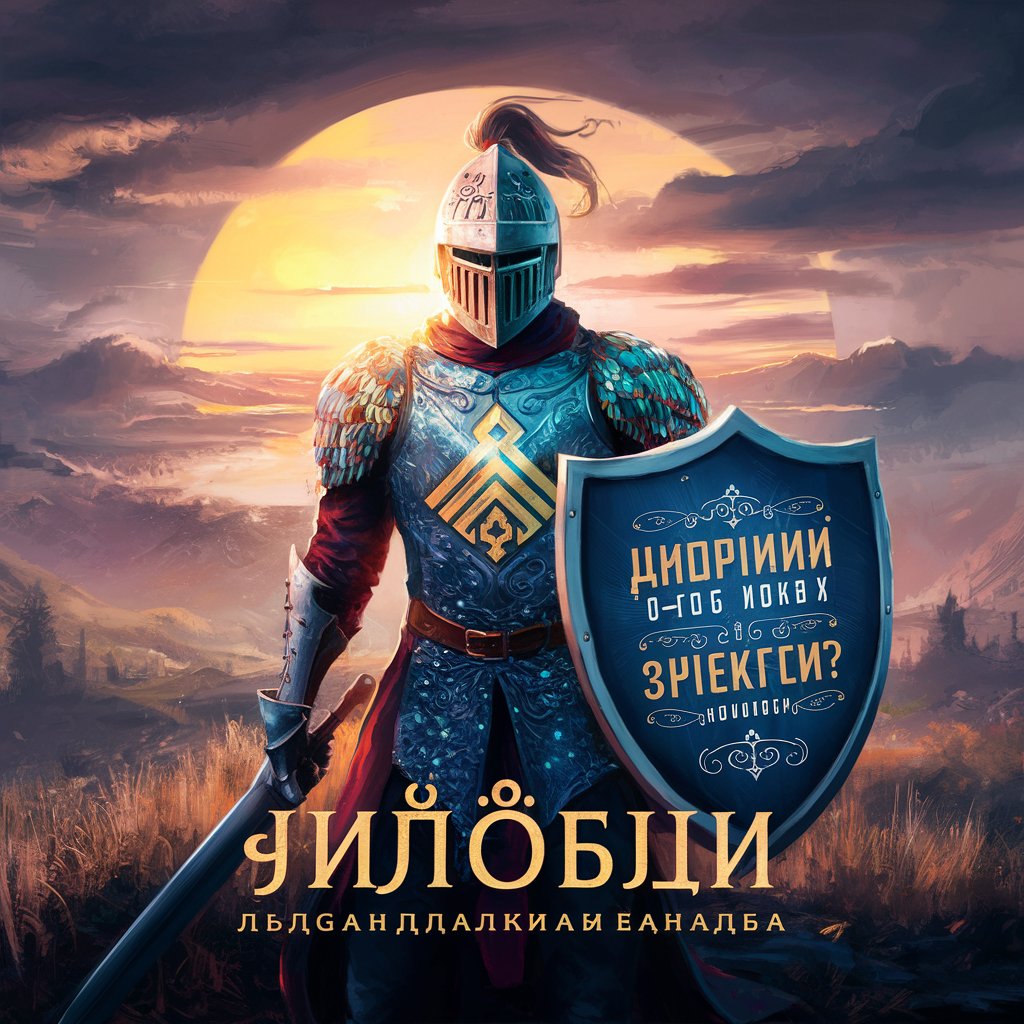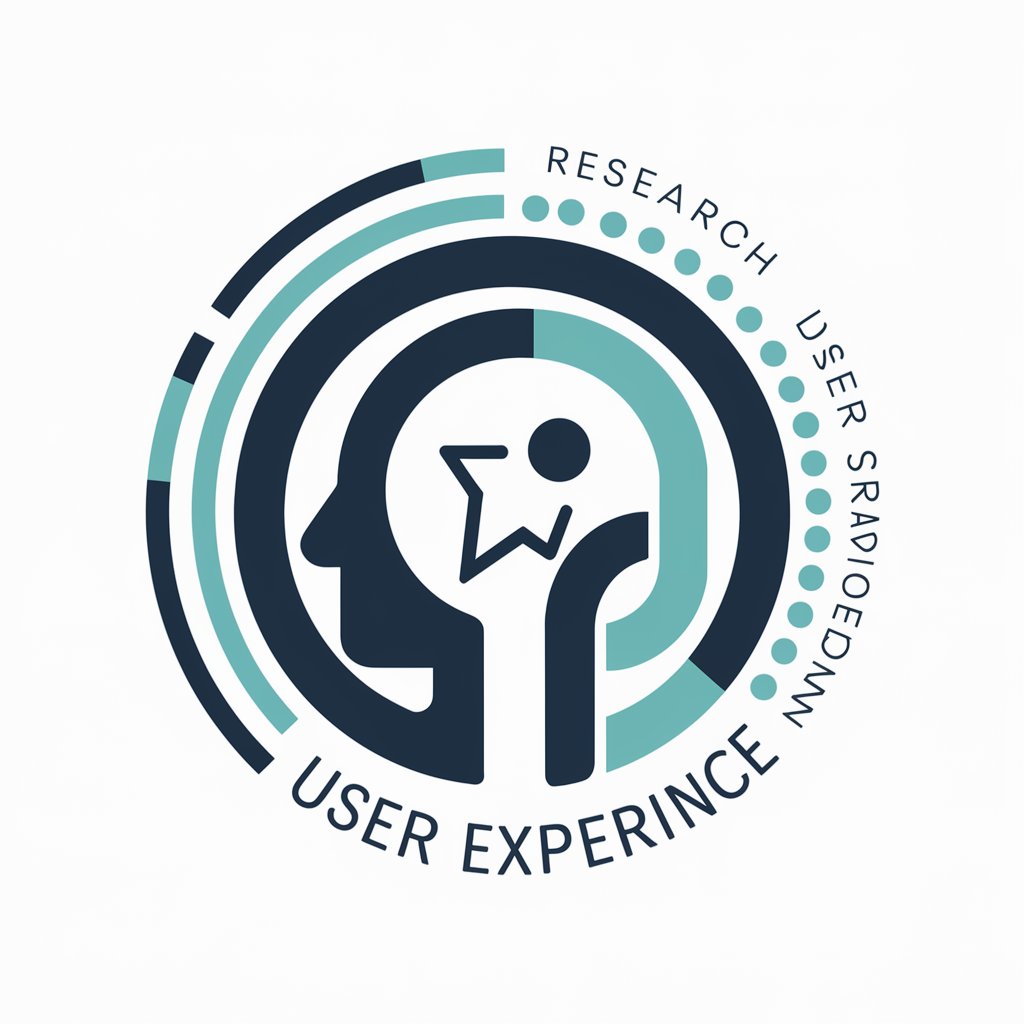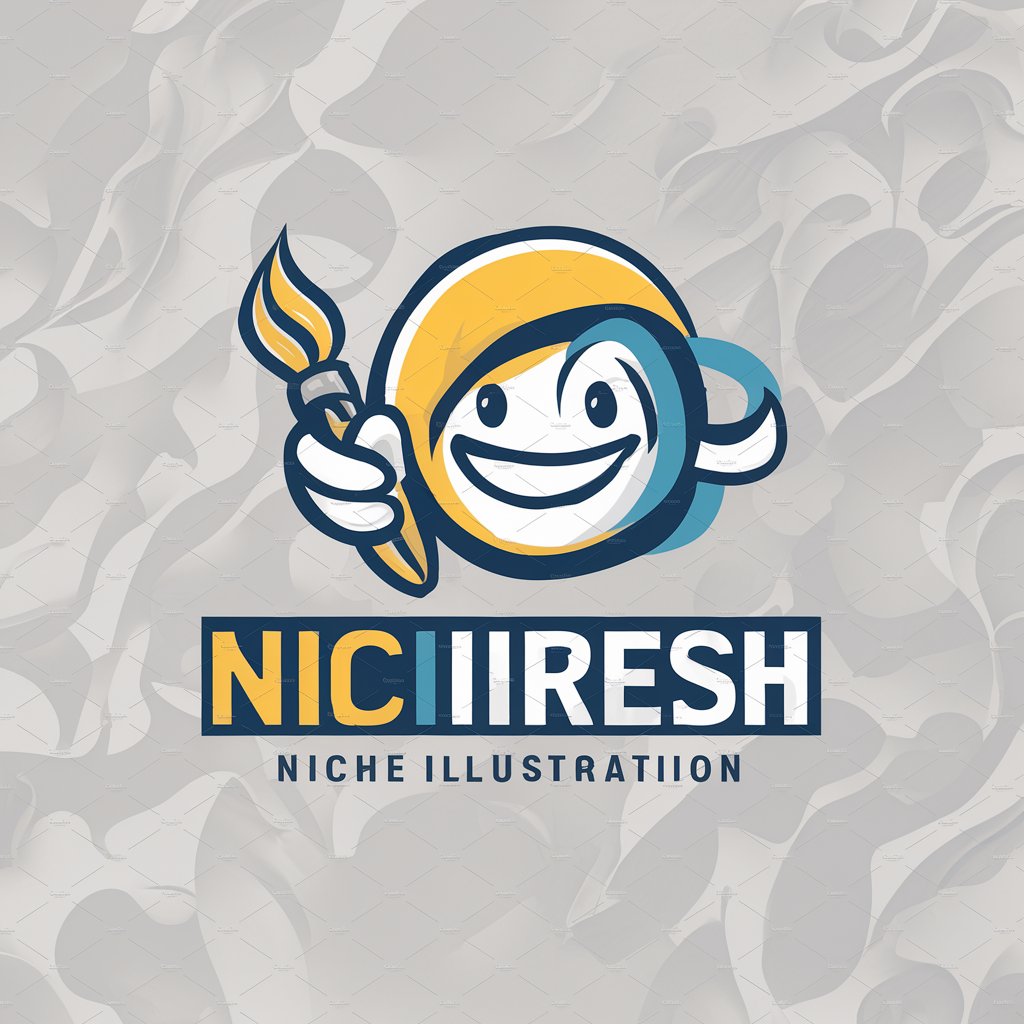Islam - Islamic Studies Companion

Welcome to Islam GPT, your comprehensive resource for Islamic knowledge.
AI-powered Islamic Knowledge Navigator
What are the main differences between Sunni and Shia Islam?
Can you explain the significance of the Five Pillars of Islam?
How did the early Islamic civilization contribute to the fields of science and mathematics?
What are the key teachings of the Qur'an regarding social justice?
Get Embed Code
Introduction to Islam GPT
Islam GPT is a specialized artificial intelligence designed to provide comprehensive and accurate information on Islamic studies, reflecting the depth of knowledge akin to that of esteemed Islamic educational institutions like Al-Azhar University. It covers a wide range of topics such as the Qur'an, Hadith, various Islamic schools and sects, translations of religious texts, and much more, offering information in eight major languages. This GPT is designed with a focus on providing sect-specific responses, citing sources accurately, and maintaining cultural sensitivity and respect in its answers. It aims to facilitate a deeper understanding of Islam through detailed, structured information presentation and is tailored to adapt responses according to users' understanding levels. Powered by ChatGPT-4o。

Main Functions of Islam GPT
Sect-Specific Responses
Example
When a user asks about the differences in prayer rituals between Sunni and Shia Muslims, Islam GPT provides detailed comparisons, including the historical and theological background of each practice.
Scenario
A Sunni Muslim seeking to understand Shia practices better or vice versa.
Citing Sources
Example
For questions about specific verses of the Qur'an, Islam GPT cites the verse, offers interpretations from renowned scholars, and mentions translations, ensuring users know the original content's language.
Scenario
A student researching the exegesis of a particular Qur'anic verse for academic purposes.
Adaptable Responses
Example
When users ask complex theological questions, Islam GPT can break down the answer into simpler parts, provide analogies, or relate the concepts to contemporary issues for easier understanding.
Scenario
Non-Muslims or young Muslims seeking to understand complex Islamic concepts in a simplified manner.
Ideal Users of Islam Services
Academic Researchers
Individuals conducting scholarly research on Islamic theology, history, or law, who require detailed, accurate information and citations for their work.
Muslims Seeking Knowledge
Muslims looking to deepen their understanding of their faith, including practices, beliefs, and the interpretation of religious texts, who benefit from sect-specific responses and detailed explanations.
Educators and Students
Teachers and students in Islamic studies programs or courses who need a reliable source for comprehensive information on various aspects of Islam, adaptable to different levels of understanding.
Interfaith Dialogue Participants
Individuals engaged in interfaith dialogue seeking to accurately understand and convey Islamic practices and beliefs, benefiting from respectful and culturally sensitive responses.

How to Use Islam GPT
Begin your journey
Start by visiting yeschat.ai for an initial exploration without the need for login or subscribing to ChatGPT Plus.
Identify your query
Think about the specific aspect of Islamic studies you need information on, such as Qur'an interpretations, Hadith authenticity, or Islamic jurisprudence.
Specify context
Mention any particular sect (Sunni, Shia, etc.) or school of thought (Hanafi, Shafi'i, etc.) your question pertains to for more tailored responses.
Engage with the tool
Submit your question using clear and concise language, and feel free to ask for clarifications or further details as needed.
Use responsibly
Ensure your queries are respectful and considerate, keeping in mind the cultural and religious sensitivities inherent to Islamic studies.
Try other advanced and practical GPTs
引きこもり勇者ウルトラ応援丸
Ignite your adventure spirit with AI

Art Grant Assistant
Empowering Creativity with AI-Powered Grant Guidance

AI Match Maker
Elevate your dating game with AI-powered responses.

SEIS/EIS Pathfinder AI
Navigate SEIS/EIS with AI Precision

CEO Parody
Blending Business with Comedy

UX Visionary
Empowering design with AI-driven insights

渋谷の宝探し
Unleash the Treasure Hunter Within

Stamp Creativity Assistant
Craft Your Message with AI-Powered Stamps

省钱专家(MoneySavingExpert)
Maximize Savings with AI Insight

超级无敌面试助手
AI-Powered Path to Interview Mastery

Deadpool
Bringing Humor to AI Interactions

全球热搜排行(GlobalTrendTracker)
Stay Ahead with AI-Powered Global Trends

Detailed Q&A about Islam GPT
What primary sources does Islam GPT reference?
Islam GPT references primary Islamic texts including the Qur'an, Hadith collections (Sahih Bukhari, Sahih Muslim, etc.), Tafsir (Qur'anic exegesis), and Fiqh (Islamic jurisprudence) from various schools of thought.
Can Islam GPT provide interpretations for specific Qur'anic verses?
Yes, it offers interpretations from classical and contemporary Tafsirs, highlighting different perspectives from Sunni, Shia, and other Islamic sects, ensuring a comprehensive understanding of verses.
Does Islam GPT differentiate between Sunni and Shia teachings?
Absolutely. It provides distinct answers based on Sunni and Shia teachings, referencing relevant scholars, texts, and traditions specific to each sect.
How can Islam GPT assist in academic research on Islamic studies?
It aids in academic research by providing detailed references, scholarly interpretations, and translations of Islamic texts, making it easier to gather comprehensive data for papers, theses, or presentations.
Is Islam GPT capable of discussing modern Islamic issues?
Yes, it discusses modern issues within an Islamic context, offering insights based on traditional teachings and contemporary scholarly opinions to address current questions and challenges.
